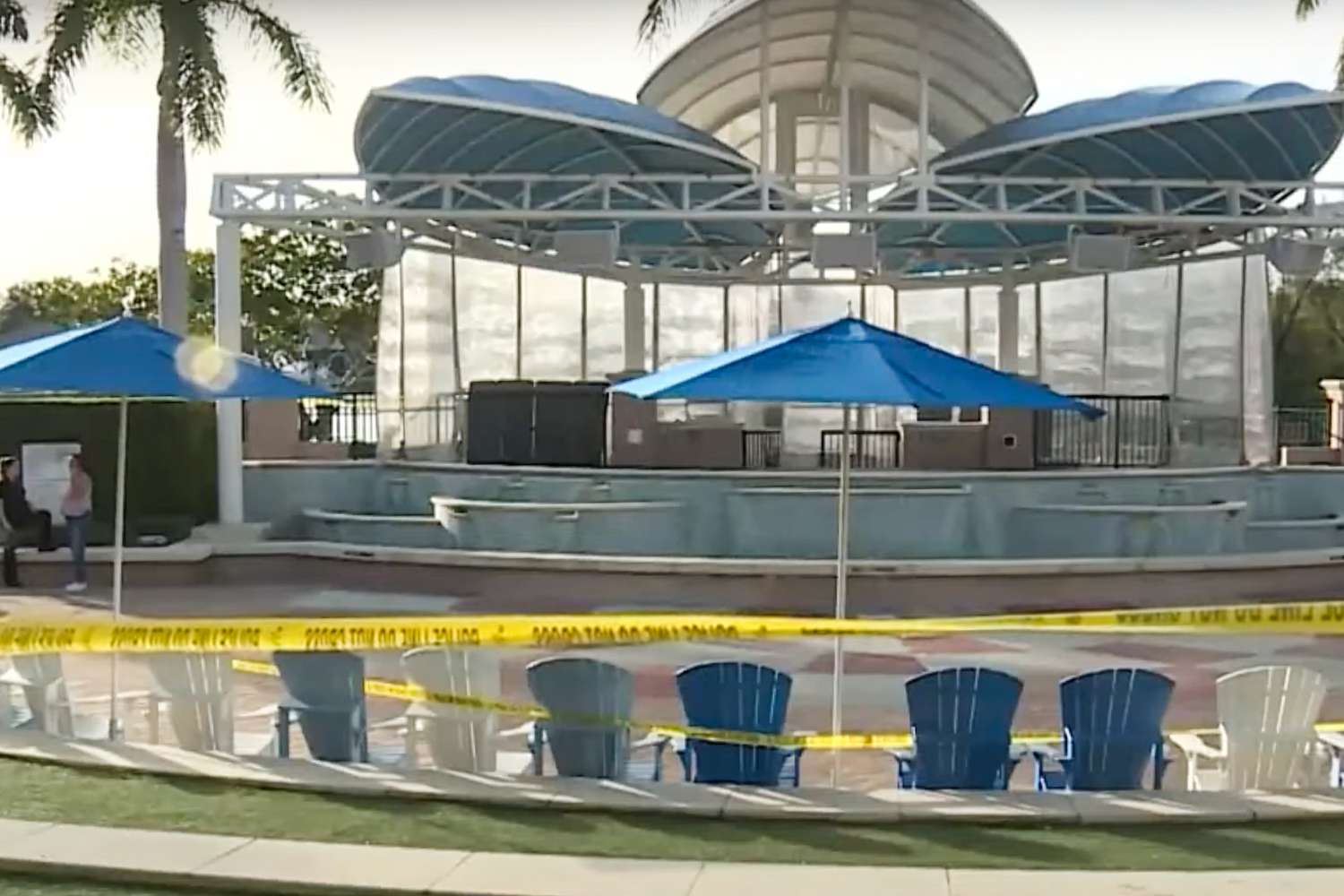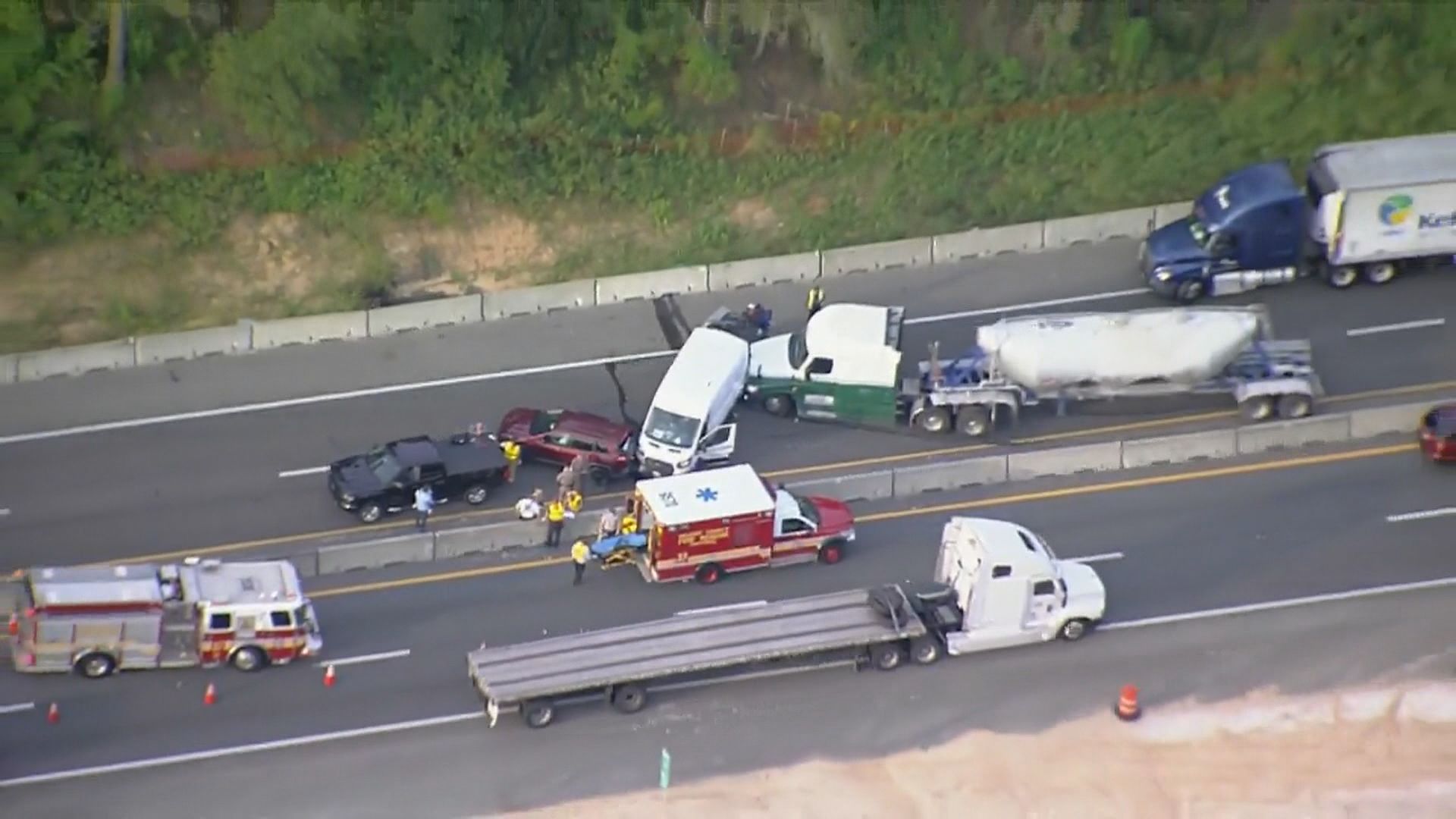Boat electrocution is a serious concern, especially in sunny Florida, where many people enjoy boating. While the sun and water offer fun and relaxation, they can also present hidden dangers, including electrocution. In this article, we will explore what boat electrocution is, why it happens, and how you can stay safe. We’ll break it down in simple terms so that anyone, even a young child, can understand.
What is Boat Electrocution?
Boat electrocution happens when electricity from a power source like a boat’s electrical system gets into the water, causing a dangerous situation. Imagine touching a plugged-in toaster while standing in a puddle of water. The water conducts electricity, making it very risky. When you’re in a boat, water is everywhere, so if there’s a problem with the boat’s electrical system, it can create a shocking experience. Also read Understanding Boat Electrocution in Florida What You Need to Know
Why Does Boat Electrocution Happen?
There are several reasons why boat electrocution might occur:
Faulty Wiring
Boats have complex electrical systems that power lights, radios, and other equipment. If the wiring is damaged or not installed correctly, electricity can leak into the water. Faulty wiring is one of the main causes of boat electrocution.
Poor Grounding
Grounding means connecting electrical systems to the boat’s metal parts to prevent electric shock. If the grounding isn’t done properly, there’s a higher risk of electrical currents flowing into the water. This can happen if the boat’s metal parts, like the hull or propeller shaft, are not properly connected to the grounding system.
Shore Power Issues
When boats are docked at a marina, they often use shore power to keep the batteries charged and run equipment. If the shore power connections are not safe, electricity can leak into the water. This is particularly dangerous because it affects everyone around the boat, not just the people on it.
Lightning Strikes
Florida is known for its thunderstorms and lightning. If lightning strikes a boat, it can send a huge electrical charge through the water, which can be fatal. Although this is less common, it’s still a risk that boaters need to be aware of.
How Does Boat Electrocution Affect People?
Being electrocuted in water can cause serious injuries or even death. Here’s what can happen if someone comes into contact with electricity in the water:
Electric Shock
An electric shock occurs when a person touches water that has electricity in it. This can make muscles contract suddenly, which might cause the person to fall or struggle to swim. It can also stop the heart from beating normally, which is very dangerous.
Burns
Electricity in the water can cause burns on the skin. These burns can be severe and need immediate medical attention.
Drowning
If someone gets shocked in the water, they might panic and not be able to swim properly. This can lead to drowning, which is a tragic outcome.
How to Prevent Boat Electrocution
Preventing boat electrocution involves taking some important steps to ensure that your boat’s electrical system is safe. Here are some easy-to-follow tips:
Regular Maintenance
Make sure your boat’s electrical system is checked regularly by a professional. They can look for any signs of wear or damage and fix problems before they become serious.
Proper Grounding
Ensure that your boat’s electrical system is properly grounded. This means connecting all metal parts of the boat to a common ground. This helps prevent electricity from flowing into the water.
Safe Shore Power Connections
When using shore power, make sure all connections are secure and in good condition. Use proper equipment and follow safety guidelines to avoid any leaks of electricity into the water.
Lightning Safety
If you see a storm approaching, get off the water and seek shelter. Avoid touching any metal parts of the boat during a lightning storm, and stay indoors if possible.
What to Do in Case of Boat Electrocution
If someone is shocked in the water, it’s important to act quickly. Here’s what you should do:
Get Them Out of the Water
If you can do so safely, help the person out of the water. Make sure you are not touching the water yourself, as you might get shocked too.
Call for Help
Immediately call emergency services. They can provide guidance and send medical help to the scene.
Perform First Aid
If the person is unconscious or not breathing, start CPR if you are trained to do so. Follow any instructions from emergency responders.
Conclusion
Boat electrocution is a serious but preventable risk in Florida. By understanding how it happens and taking the right safety measures, you can help protect yourself and others while enjoying time on the water. Regular maintenance, proper grounding, and safe practices around shore power are key to preventing electrical accidents. Always be cautious, especially during storms, and know what to do in an emergency. Stay safe and have fun on your boating adventures!





